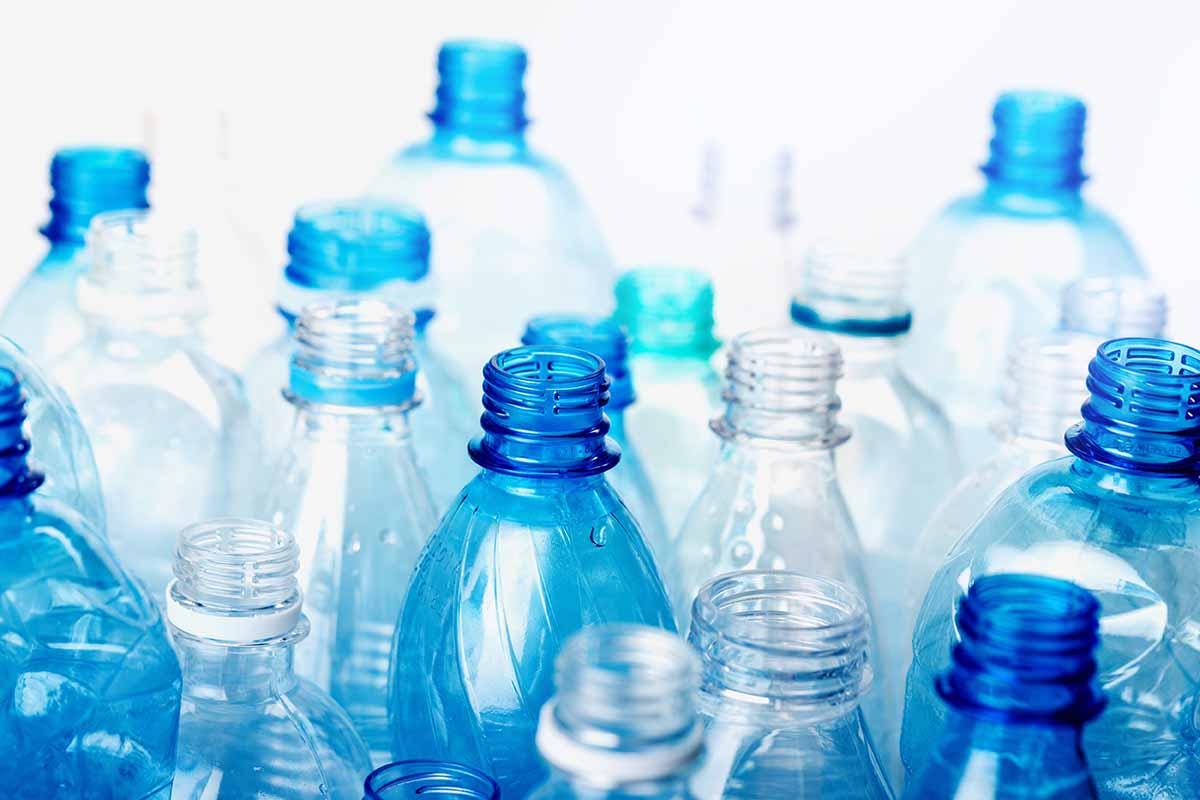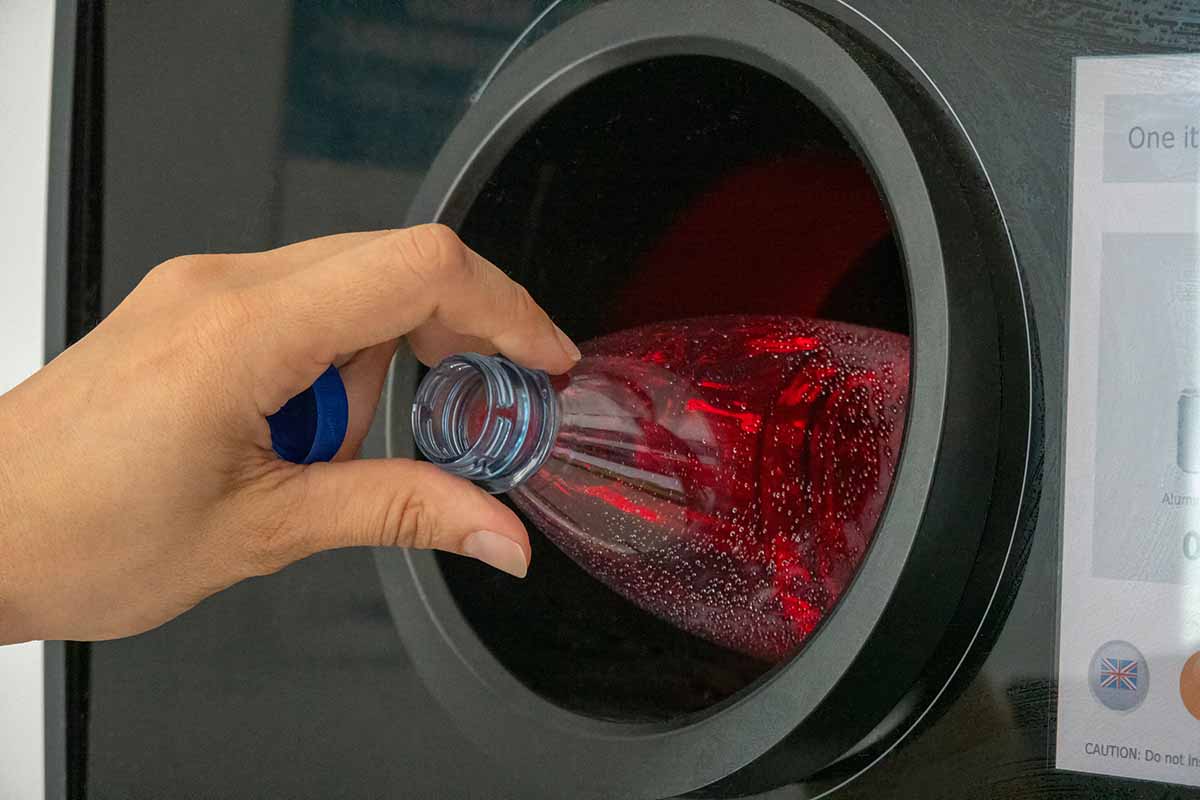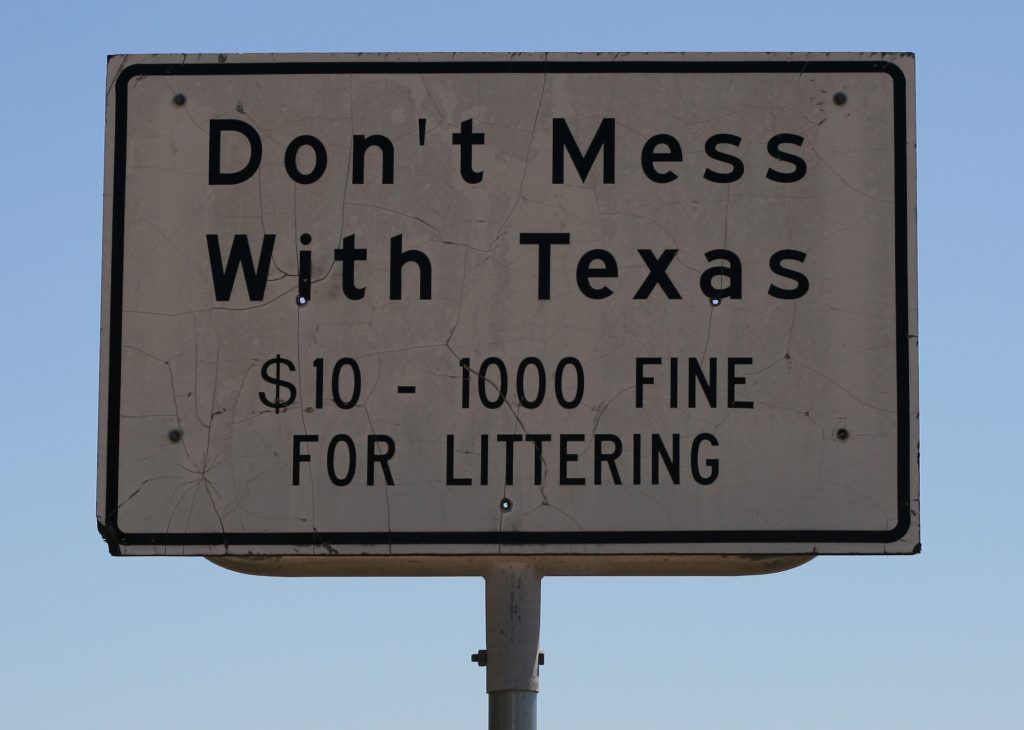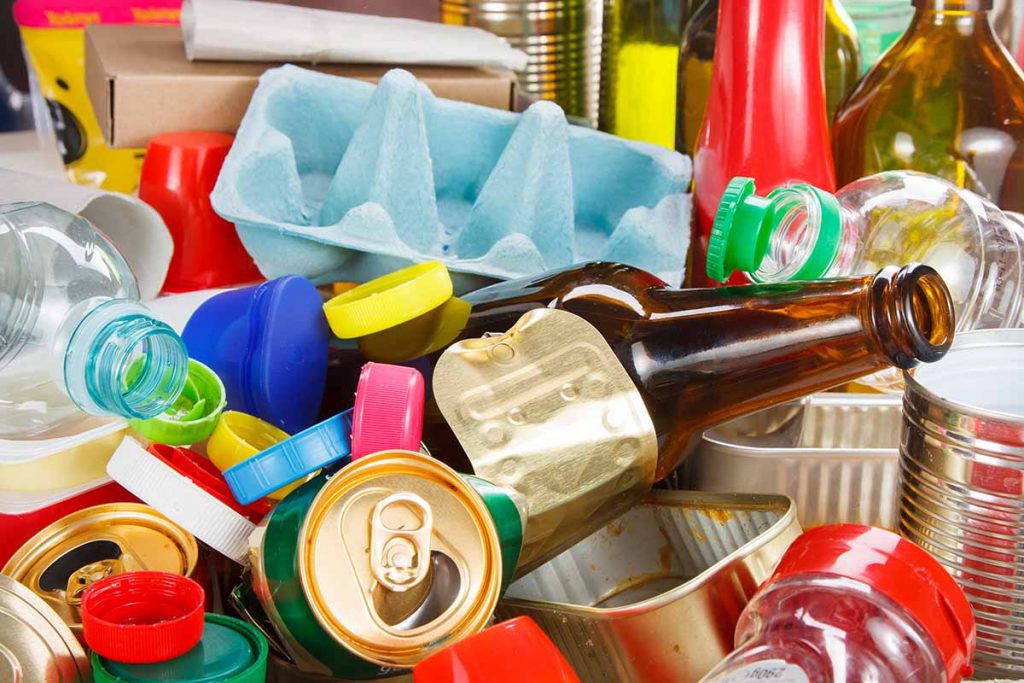
A recently introduced bill could allow a proposed solid waste facility in Lane County, Oregon, to bypass its turbulent permitting process. | Courtesy of Bulk Handling Systems
Officials in Lane County, Oregon, are pushing state lawmakers to support a new bill that would allow the construction of a controversial recycling and composting facility. Continue Reading










